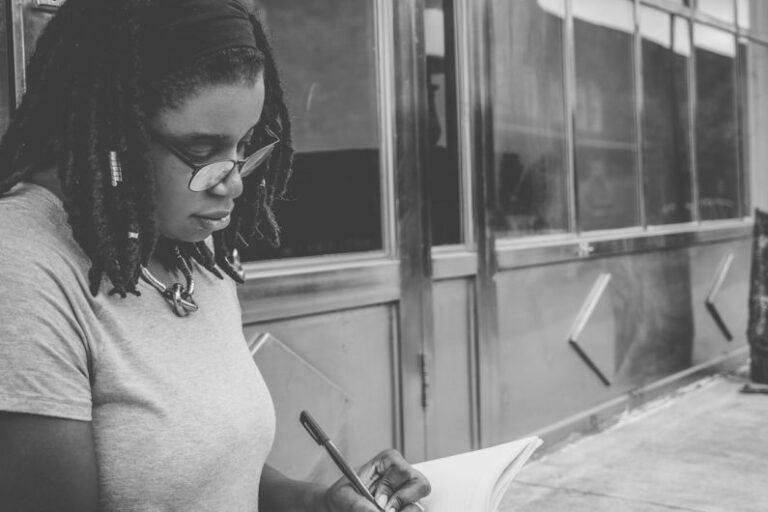How to Prepare for a Job Interview?
Job interviews can be nerve-wracking experiences for many people. The pressure to make a good impression and secure a job offer can often lead to anxiety and stress. However, with proper preparation, you can increase your chances of success and approach the interview with confidence. In this article, we will discuss some key steps to help you prepare for a job interview.
Research the Company
One of the most important steps in preparing for a job interview is to research the company you are applying to. This will help you understand their values, mission, and work culture. By familiarizing yourself with the company, you can tailor your answers to align with their objectives and demonstrate your interest in the role. Additionally, researching the company will enable you to ask informed questions during the interview, showing your enthusiasm and engagement.
Understand the Job Description
Before the interview, carefully review the job description to gain a clear understanding of the skills and qualifications required. Pay attention to the specific responsibilities and duties outlined. This will allow you to highlight relevant experiences and skills during the interview. By aligning your answers with the job description, you can demonstrate how you are the ideal candidate for the role.
Prepare Your Answers
While it is impossible to predict every question you will be asked during an interview, there are certain common questions that are frequently asked. Prepare your answers to these questions in advance, focusing on showcasing your strengths and relevant experiences. Practice answering these questions aloud to ensure clarity and conciseness. It is also helpful to prepare specific examples that demonstrate your skills and accomplishments.
Dress Professionally
First impressions matter, and your appearance plays a crucial role in creating a positive impression during a job interview. Dress professionally in attire that is suitable for the company’s dress code. Even if the company has a more casual work environment, it is better to err on the side of caution and dress more formally. Make sure your clothing is clean, ironed, and fits well. Pay attention to grooming and hygiene as well.
Prepare Your Documents
Bring multiple copies of your resume, cover letter, and any other relevant documents to the interview. Make sure they are neatly organized in a folder or portfolio. This will demonstrate your professionalism and preparedness. It is also a good idea to bring a pen and notepad to jot down any important information or questions that may arise during the interview.
Practice Non-Verbal Communication
During a job interview, non-verbal communication can speak volumes. Practice maintaining good eye contact, sitting up straight, and using confident body language. A firm handshake and a warm smile can help create a positive first impression. Be aware of your tone of voice and speak clearly and confidently. Good non-verbal communication will convey your interest and enthusiasm for the role.
Prepare Questions to Ask
At the end of the interview, the interviewer will usually ask if you have any questions. Prepare a few thoughtful questions in advance to show your interest and engagement. Ask about the company’s future goals, opportunities for professional development, or any specific concerns you may have. Avoid asking questions that have already been answered during the interview or that focus solely on salary and benefits.
In conclusion, preparing for a job interview is essential for success. By researching the company, understanding the job description, and preparing your answers, you can approach the interview with confidence. Dressing professionally, bringing necessary documents, and practicing non-verbal communication will also contribute to making a positive impression. Finally, preparing questions to ask will show your interest and engagement. With thorough preparation, you can increase your chances of securing the job offer and moving forward in your career.






